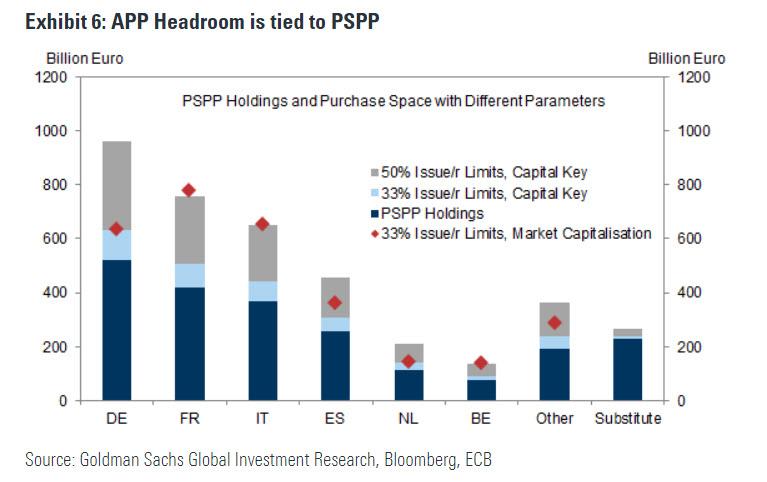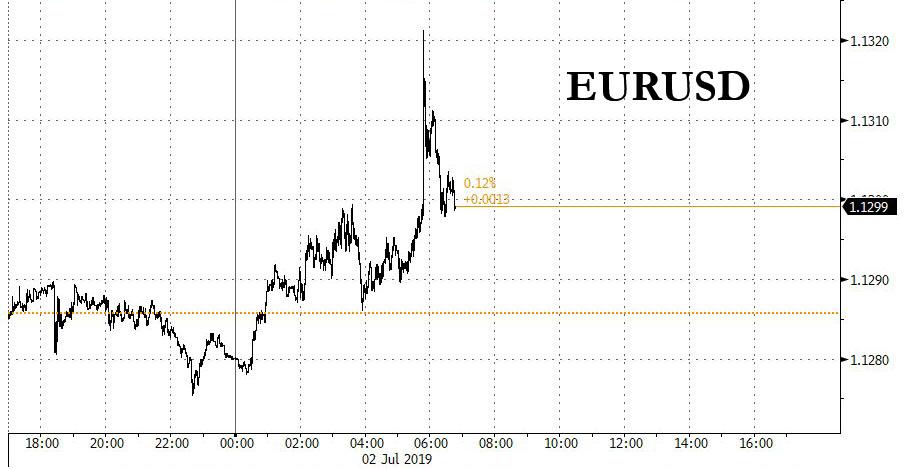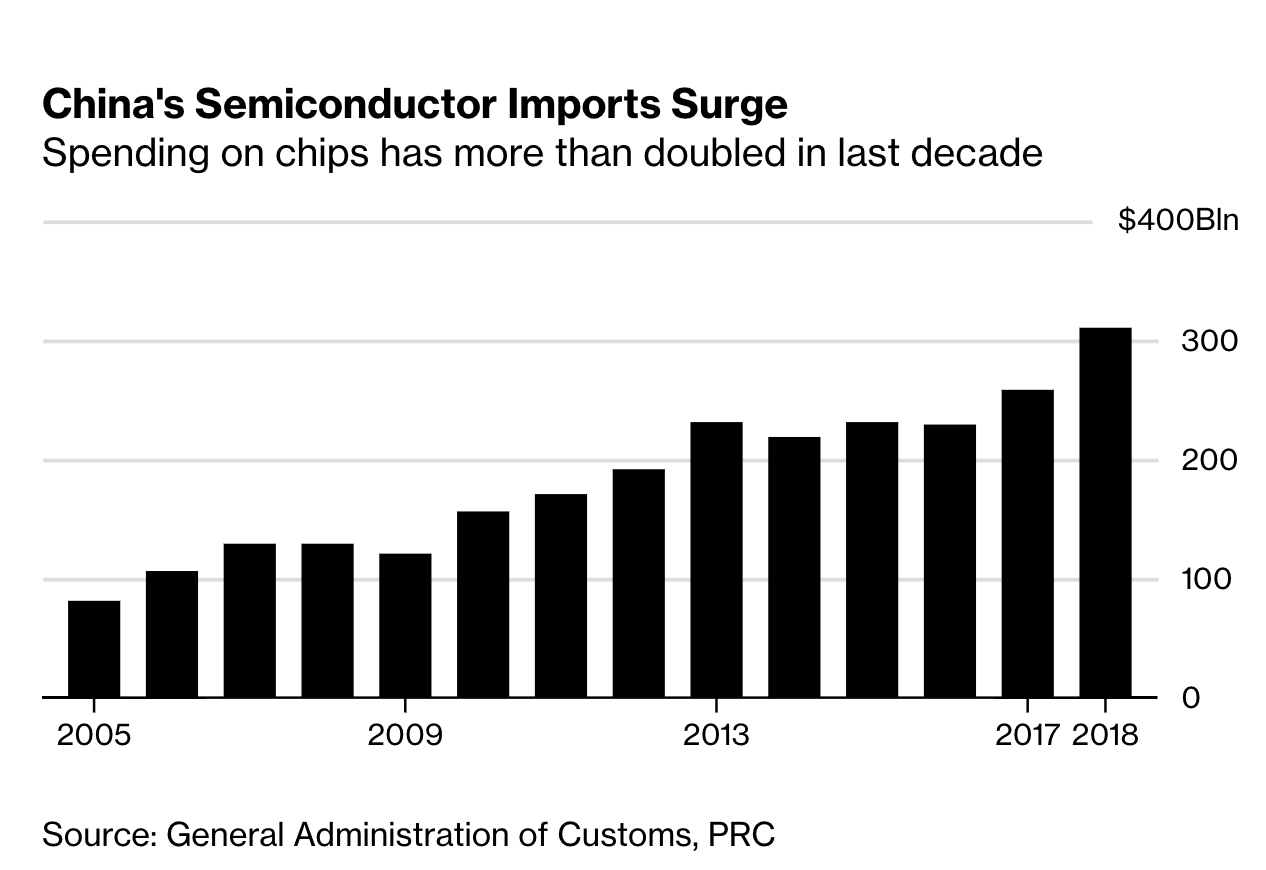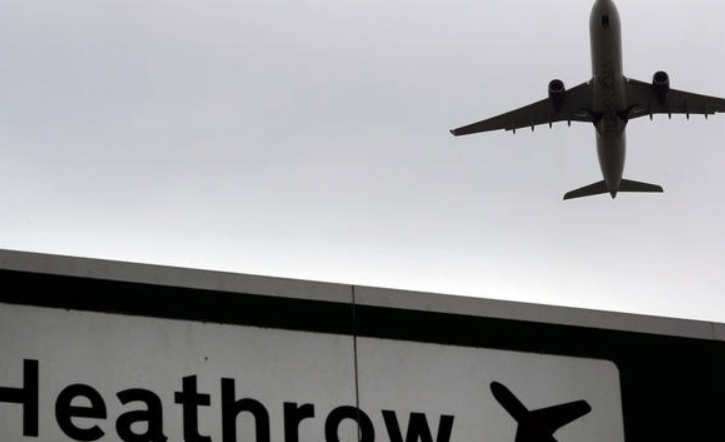The defeat of measles in the United States was one of the great good news stories of the turn of the millennium. Prior to 1963, when a vaccine was developed, the highly contagious virus led each year to 48,000 hospitalizations and 400–500 deaths, mostly among small children, according to the Centers for Disease Control and Prevention (CDC). But immunization campaigns steadily eroded the disease’s reach, and by 2000 it was declared eliminated from American shores.
Today, the U.S. is grappling with the worst measles outbreak in a quarter-century. Some 981 cases were confirmed in 26 states between January 1 and May 31—a 26-fold increase from the total in 2004. The CDC anticipates one or two fatalities per 1,000 cases, so it looks like only a matter of time before the disease again starts claiming American lives.
The most tragic thing about the measles resurgence is how wholly unnecessary it is. Whether out of fear, out of ignorance, out of confusion, or out of religious conviction, parents choosing not to vaccinate their kids have allowed immunization rates to drop below the 95 percent threshold required to keep the virus at bay. In October, officials reported that the number of children who haven’t received vaccines for preventable diseases had quadrupled since 2001.
At the very moment we succeeded in banishing a deadly affliction from our country, in other words, people began eschewing the measures that made this medical miracle possible.
Socialism, too, is having an American renaissance. As with measles, if it’s allowed to spread, the result will be needless human suffering.
A generation after the fall of the Soviet Union, young Americans have forgotten, if they ever learned, what happens when a citizenry allows itself be enraptured by the promise of communal ownership of a national economy (page 55). Such regimes have failed whenever and wherever they’ve been tried, engendering misery, starvation, persecution, and wasted human potential on a massive scale. At this very moment, hyperinflation and desperate shortages of food, medicine, and power are ravaging Venezuela (page 75), a previously rich country that had every intention of forging a better, smarter socialist future for the 21st century.
The new wave of young American socialists are quick to insist they have a different, gentler vision—as the Democratic Socialists of America’s website puts it, one in which “working people” run things “democratically to meet human needs, not to make profits for a few.” But that is a hoped-for end state, not an implementable program. The concrete policies most modern socialists propose—high confiscatory taxes and aggressive wealth redistribution, free college, publicly provided universal health care (and, often, the abolition of private alternatives)—are far more likely to wreak devastation on the well-being of Americans than they are to finally achieve utopia.
Each of these policies does violence to the market-based system of free exchange and private property rights that has underpinned the greatest expansion of human flourishing in human history. Whatever its faults, that system has brought us everything from air conditioning and aspirin to cheap flights and Netflix, all while lifting billions out of abject poverty around the world.
If people cannot keep the fruits of their own labor, Pope Leo XIII wrote in 1891, “the sources of wealth themselves would run dry, for no one would have any interest in exerting his talents or his industry.” Socialist policies, by giving government rather than individuals control over an ever-larger share of life, move us toward that eventuality. And the ensuing social collapse, like the current measles outbreak, would constitute a man-made disaster—one rendered all the more infuriatingly tragic by the fact that we should know better by now.
But if the American left has failed to immunize its youngsters against the perils of bad ideology, the right is not faring much better. Even as America prepares to weather the coming socialist storm, a second thunderhead is forming. As Daniel McCarthy put it at First Things in March, Donald Trump’s 2016 campaign, “whether consciously or not, drew upon what has been the clear policy alternative to the elite consensus in favor of global liberalism since the early 1990s: economic nationalism, and nationalism more generally.”
There are many forms that nationalism can, in theory, take—some, like those now on the rise abroad (page 67), more troubling than others. McCarthy calls for a “mild” variety. Writing in The American Conservative, W. James Antle III insists that the new nationalism “would not be illiberal in any meaningful sense of the word.” Shortly after Trump’s inauguration, National Review‘s Ramesh Ponnuru and Rich Lowry proposed “a benign nationalism” mostly featuring “loyalty to one’s country” and “solidarity with one’s countrymen.” But as their onetime colleague Jonah Goldberg quipped, benign is doing an awful lot of work in that particular formulation.
Define it vaguely enough and nationalism becomes indistinguishable from patriotism. But this new conservative critique is not focused on a mere deficiency in the rah-rah-America spirit. To count as a “new order,” nationalism has to differ in tangible ways from the liberal status quo, with its staunch commitments to civil liberties and global commerce. In practice, that means tariffs (page 74), immigration restrictionism (page 51), and massive infusions of public money (often with government directives attached) intended to reorganize and resuscitate the American industrial sector.
In 2015, former Federal Reserve Chairmen Alan Greenspan and Ben Bernanke joined a dozen other prominent economists to ink an open letter to congressional leadership. “International trade,” they wrote, “is fundamentally good for the U.S. economy, beneficial to American families over time, and consonant with our domestic priorities.” As Harvard’s Gregory Mankiw, one of the signatories, noted in a New York Times op-ed, “Economists are famous for disagreeing with one another, and indeed, seminars in economics departments are known for their vociferous debate. But economists reach near unanimity on some topics, including international trade.”
The damage, in human terms, of an experiment in economic nationalism could very well be catastrophic. Yes, much of the burden would fall on foreign citizens whose livelihoods depend on exchange with the world’s largest economy or whose hopes and dreams for their children’s future involve starting new lives here. But higher prices first and foremost put the squeeze on working-class American consumers, and as domestic farmers and manufacturers alike have learned in the last year, trade wars—like real wars—inflict casualties on both sides.
What unites the left’s flirtation with socialism and the right’s move toward nationalism is the willful discarding of long-understood, dearly learned truths about how to make the world a better place. Like the death count when parents stop vaccinating their kids, the fallout from these developments may not be instantaneous. But bad ideas can be hard to contain once they get going, and the results are not likely to be pretty.

from Latest – Reason.com https://ift.tt/2JnaoyJ
via IFTTT






